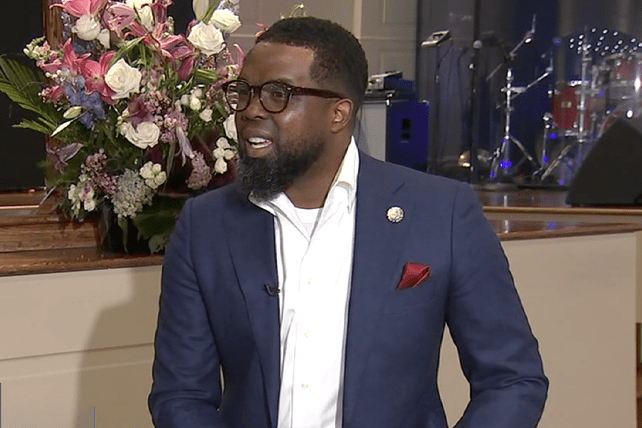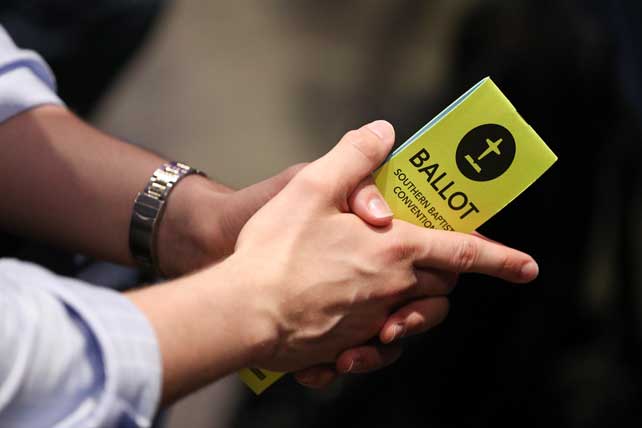Jesse Duplantis is no stranger to controversy. As a prominent prosperity gospel preacher and televangelist, Duplantis has built a reputation as a polarizing figure within the Christian community. His lavish lifestyle, bold theological claims, and unapologetic defense of wealth have sparked headlines—and criticism—for years. While some defend his message as faith-filled confidence in God’s provision, others warn that it strays far from biblical truth. Below are four headlines that have put Jesse Duplantis in the spotlight and stirred ongoing debates among believers and skeptics alike.
4 Headlines That Have Sparked Debate and Criticism About Jesse Duplantis
1. Prosperity Preacher Jesse Duplantis Cites Bible Verse About ‘An Ungodly Man’ in Defense of His Wealth
In an effort to justify his wealth, Duplantis referenced a Bible verse about “an ungodly man” who digs up evil. He argued that critics of his lifestyle were misrepresenting Scripture and attacking his calling. Supporters applauded his boldness, but many viewed the statement as a misapplication of biblical teaching and an attempt to silence legitimate concern.
RELATED: Few Pastors Bank on Prosperity Gospel
2. ‘Blasphemous!’—Jesse Duplantis’ Christmas Sermon Draws Accusations of Heresy
A recent Christmas sermon by Duplantis stirred backlash online, with many labeling it as blasphemous. Critics accused him of twisting the meaning of Christ’s birth to elevate prosperity doctrine. For many, this sermon became another example of how some modern teachings can drift from the gospel message and distort Scripture’s true intent.
3. Jesse Duplantis Claims Donations Can Speed the Return of Christ
Perhaps one of his most eyebrow-raising claims, Duplantis once stated that generous giving could hasten Jesus’ second coming. The statement went viral, prompting theological outrage and ridicule from both inside and outside the Church. While giving is a biblical principle, this interpretation raised serious doctrinal concerns and was widely seen as a manipulation of eschatological hope.
4. This Is Why This Televangelist Needs a Fourth Private Jet
In one of the most well-known headlines tied to his name, Duplantis publicly stated the need for a fourth private jet, citing the demands of international ministry. The announcement reignited debates about extravagance in ministry leadership. While some argue that efficient travel enables greater outreach, others point to the stark contrast with Christ’s humble lifestyle.
RELATED: What Is the Prosperity Gospel?
Jesse Duplantis continues to draw headlines, attention, and criticism—often in equal measure. While his ministry reaches thousands, the theology he promotes challenges many to reconsider what biblical prosperity truly means. As believers, we must turn to Scripture, test every teaching, and seek discernment in a culture where charisma can sometimes outshine truth. The conversation around Duplantis is far from over, but it serves as a powerful reminder of the importance of sound doctrine and humble leadership in the body of Christ.

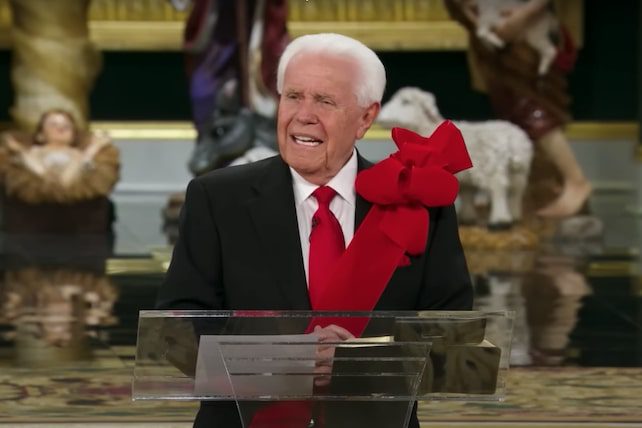
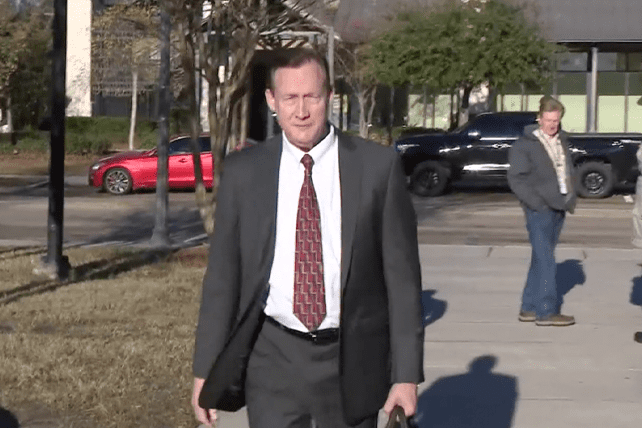




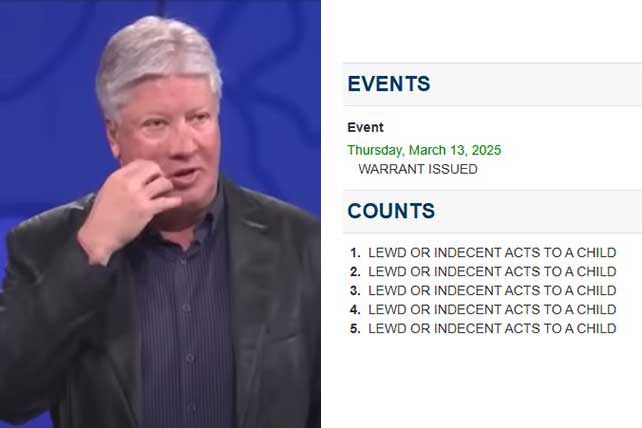











 The NIRD principle of Transparency and Vulnerability is fundamental to fostering deep, transformative relationships within the Christian community. This principle not only encourages
The NIRD principle of Transparency and Vulnerability is fundamental to fostering deep, transformative relationships within the Christian community. This principle not only encourages 
